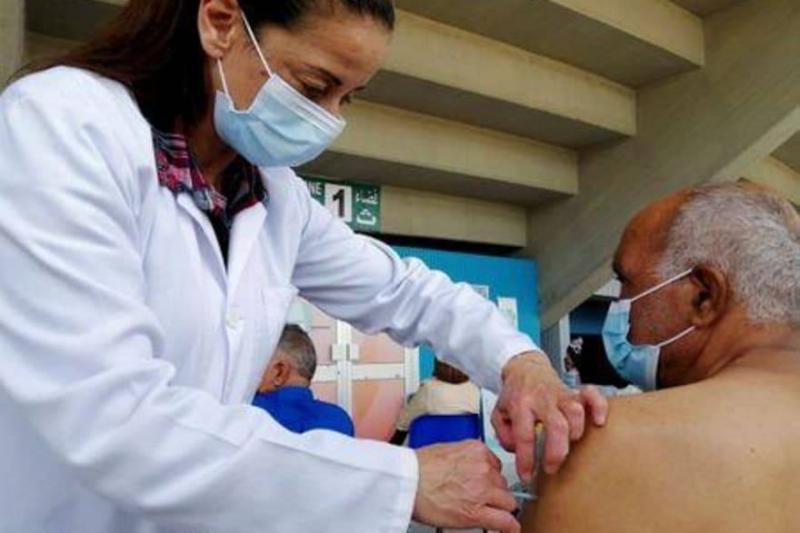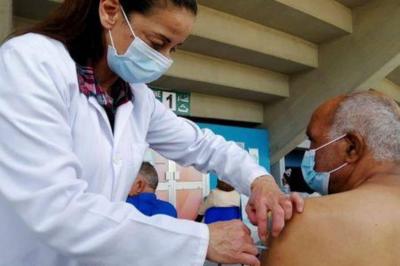Dr. Katherine O'Brien, head of vaccines and immunization at the World Health Organization, outlined three specific reasons for wanting to administer an additional dose of the COVID-19 vaccine and its variants. In episode 53 of the "Science in Five" program, presented by Fismita Gupta Smith and broadcasted on the WHO's official website and social media accounts, Dr. O'Brien explained the first reason being if there is a group of people who did not respond adequately to the first two doses received. Some information received by the WHO indicated that it may be necessary for immunocompromised individuals to receive a third dose if the initial two doses did not achieve the same outcomes observed in healthy individuals.
The second reason, she stated, is if the immunity gained from vaccination begins to wane over time. However, current evidence shows that vaccines perform exceptionally well in protecting against severe illness, hospitalizations, or deaths. For this reason, international health experts do not find strong evidence that suggests the need for a third dose for those already vaccinated.
According to Dr. O'Brien, the third reason is if the vaccine performance is lower or insufficient against some recently emerged variants of concern. She reiterated that the currently available vaccines are effective against variants and that the WHO is closely monitoring vaccine effectiveness against severe COVID-19 cases, emphasizing that, overall, vaccines are performing very well.
In response to a question about whether specific groups of people might need a booster dose, Dr. O'Brien indicated that, so far, there is some evidence suggesting that a small percentage of individuals, particularly those with severe immunocompromising conditions, may require a booster dose. They do not appear to respond to the initial two doses in the same manner as individuals without immunodeficiency. Therefore, they may need a third dose depending on their initial response to the first two.
Dr. O'Brien explained that if they did not respond adequately to the initial two doses, they would receive a third one, but beyond the protection offered by the booster, other considerations need to be addressed by scientists regarding safety.
She further stated that there is currently no definitive evidence indicating a need for a booster dose among the majority of vaccinated individuals. Safety considerations regarding the administration of a third dose require more research to ensure the wellbeing of booster recipients before any recommendations can be made.
She emphasized that current vaccines still provide good protection against severe disease and prevent the need for hospitalization or deaths, marking this as the primary goal of vaccines.
Dr. O'Brien pointed out that the focus should now be on supplying vaccines and support to poorer countries to protect those who have not yet been vaccinated. This would reduce transmission, lower the likelihood of new variants emerging, and give scientists time to gather more evidence on whether booster doses will ultimately be necessary, stressing that no one is safe until everyone has the opportunity to be vaccinated and protected.




